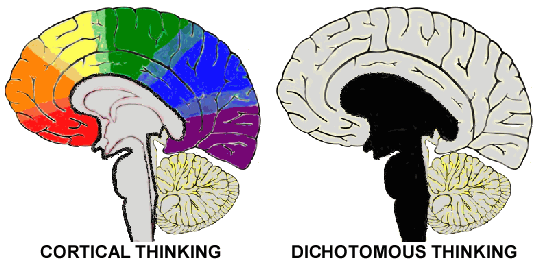A film is made apparently with sole intention of criticizing,
insulting and upsetting the Muslim world. In response, a mob murders a group of innocent individuals. The goal of the mob is presumably to discourage such films. “They insulted our prophet, we have to respond.” Now the American
right-wing (as expressed on Fox News) is upset that there is not a greater “outrage” on the part of the Obama administration, claiming all they have done is apologize to the Muslims. Reporting by Al Jazeera English suggests that all the
administration has done is to condemn the killings without condemning the film.
While condemnation of both an inflammatory and hurtful film
as well as the murder of innocent people may each be appropriate, what does condemnation really accomplish? What is the goal for which condemnation is a solution? The real problem is the small-mindedness. Will such a film bring
about any positive changes among Muslims? Of course not, it will only encourage small-minded Muslims and make it harder for others to move their community forward. Will the murder of the US ambassador, in anyway, discourage the making of subsequent anti-Muslim films? Of course not. The notoriety will only increase backing by other small-minded individuals. Will strong anti-Muslim rhetoric called for by the US right-wing discourage further violence? No, it will just lend more support to
the wrong people.
In all aspects of this situation, there is a disconnect
between the presumed goal and the dichotomous actions taken or called for. Ultimately, these events clearly demonstrate how dichotomous thinking leads to more dichotomous thinking. The first step must be to shift the focus from dichotomous thinking to problem-solving. The fist question should always be “What is the goal?”
Asking “What is the problem and how do we solve it?” should
never be characterized as an apology or appeasement or weakness. It is this way of thinking that is the greatest barrier to our moving forward as a species. Clearly this is not going to happen over night, but it is still worth working for.
